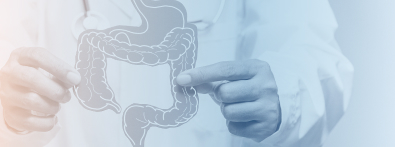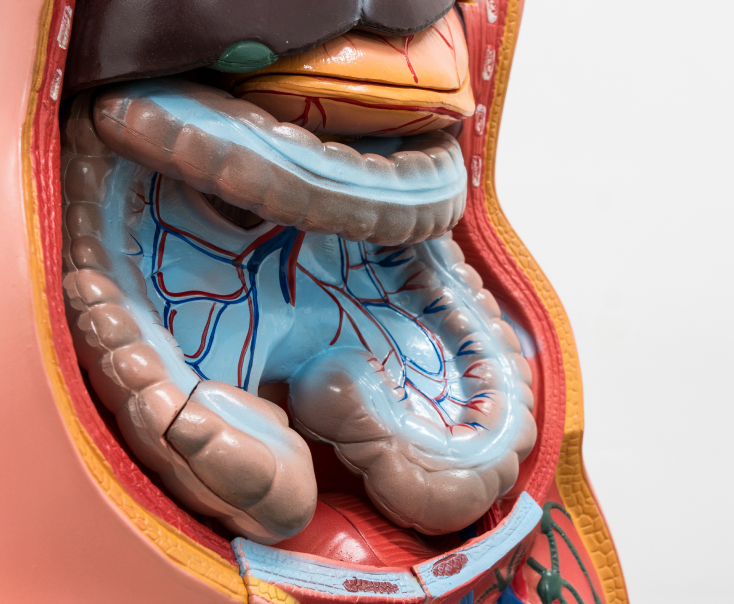Your Colorectal Health, Our Priority
With our comprehensive suite of screening services and treatment options, our experienced colorectal specialist and medical team promise you peace of mind whilst ensuring a strong and healthy colon.


What isDiverticular Disease?
Diverticular disease is also known as diverticulosis. This is a condition of the gastrointestinal tract in which the stomach or intestine wall bulges out and forms a pocket. Each individual pocket is known as a diverticulum (plural diverticula).
Diverticular disease of the colon refers to multiple diverticula in the colon. It develops because of a weakness in the muscle wall of the colon, allowing the inner lining (mucosa) to bulge out between the gaps in the muscle wall.
The word “disease” is misleading because it implies that there is something wrong with the colon. Diverticulosis is actually quite common in people above the age of 40 years. Only a small number of those with diverticulosis will ever have symptoms from it in their lifetime. An even smaller number would require surgery for its treatment.
Seek medical attention should you experience abdominal pain, fever, chills, and nausea.
We provide a wide range of diagnostic methods.
Diverticular Disease Or Diverticulosis?
Diverticular Disease Or Diverticulitis?
Bleeding
What Is The Cause Of Diverticular Disease?
In the hands of an experienced colorectal specialist, rest assured that treatment will be personalised to each patient’s specific needs and best interests in mind.
How Is Diverticular Disease Treated?
In most people, having diverticulosis without any symptoms does not require any treatment.
Mild diverticulitis is treated with antibiotics in an outpatient setting. More severe diverticulitis may require hospitalisation, bowel rest, intravenous drip, and antibiotics.
For the most severe type of diverticulitis where there is a perforation in the colon or an abscess, emergency surgery to remove that segment of the colon may be required. Surgery may also be necessary for people with recurrent episodes of diverticulitis or other complications that occur after an attack.
For patients who are bleeding from diverticular disease, treatment usually consists of hospitalisation, bowel rest with an intravenous drip and blood transfusion if there is substantial blood loss.
In most patients, the bleeding stops on its own without further intervention. In some, the bleeding persists and requires a procedure under x-ray guidance to inject some material into the blood vessel to block it off and stop the bleeding. In other cases, persistent or recurrent bleeding requires surgery.
Surgery For Diverticular Disease
Diverticular disease affects only the colon and not the rectum. When surgery is required, the segment of the colon affected by diverticular disease is removed while sparing the rectum. The colon is then joined back and the continuity of the intestines is restored. It is very unusual that a stoma (an opening in the abdominal wall for faeces to pass out) is required.
Traditionally, the surgery to remove the colon is done through a long incision in the centre of the abdomen. However, with recent advances in techniques and technology, most surgery on the colon can now be done by
Our Colorectal SurgeonColorectal Specialist

Dr Ho Kok Sun
Consultant Colorectal & General Surgeon
MBBS (Singapore), M Med (General Surgery) (Singapore)
FRCS (General Surgery) (Edinburgh), FAM (Singapore)
Dr Ho Kok Sun has been treating diverticular disease for over a decade and was the past President of the ASEAN Society of Colorectal Surgeons and the Society of Colorectal Surgeons (Singapore), as well as a founding member of the Eurasian Colorectal Technologies Association. Dr Ho was actively involved in the training of medical students and residents, and has published widely in reputable journals and book chapters. He believes that treatment should always be personalised to the patient’s needs.

